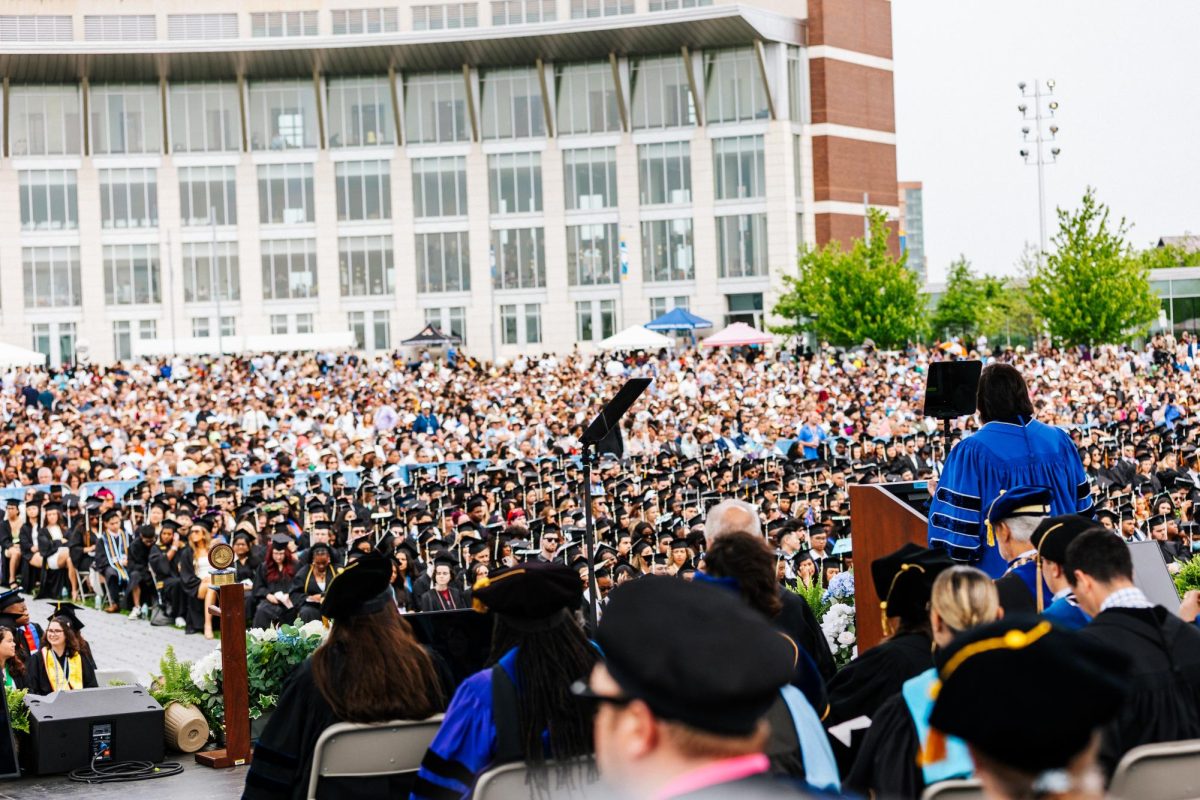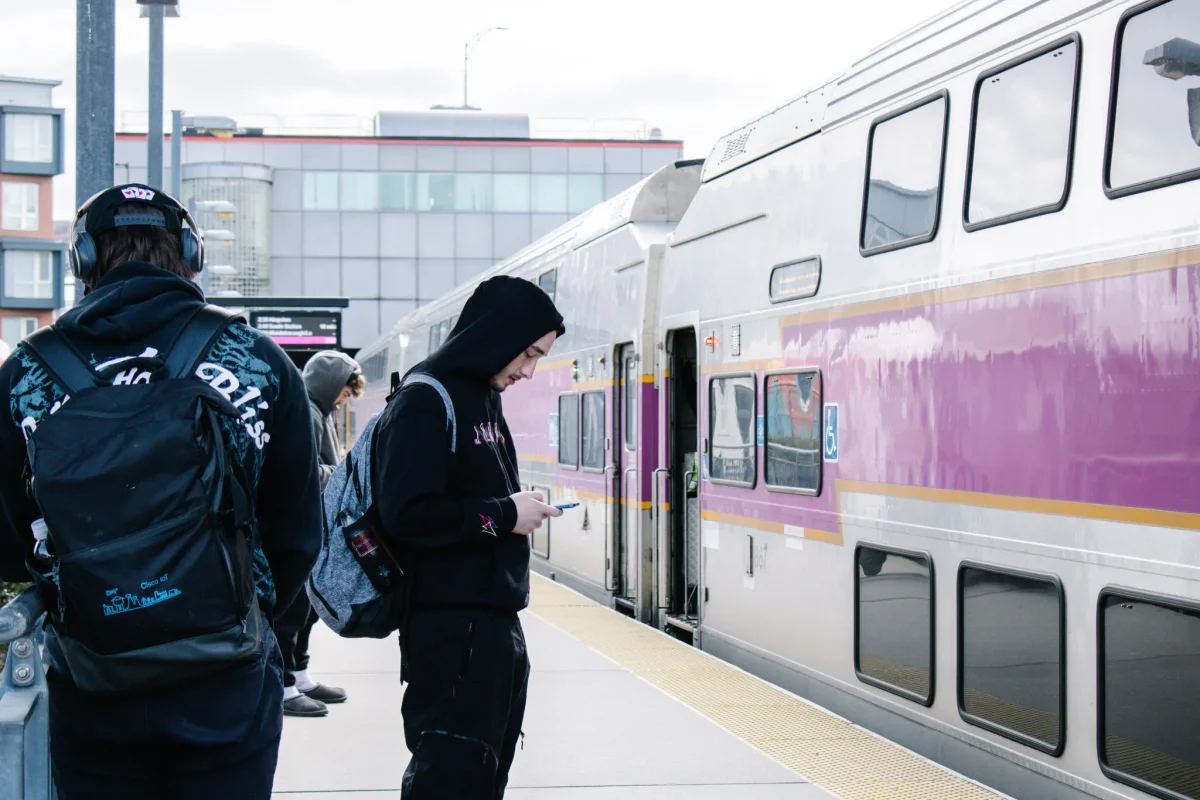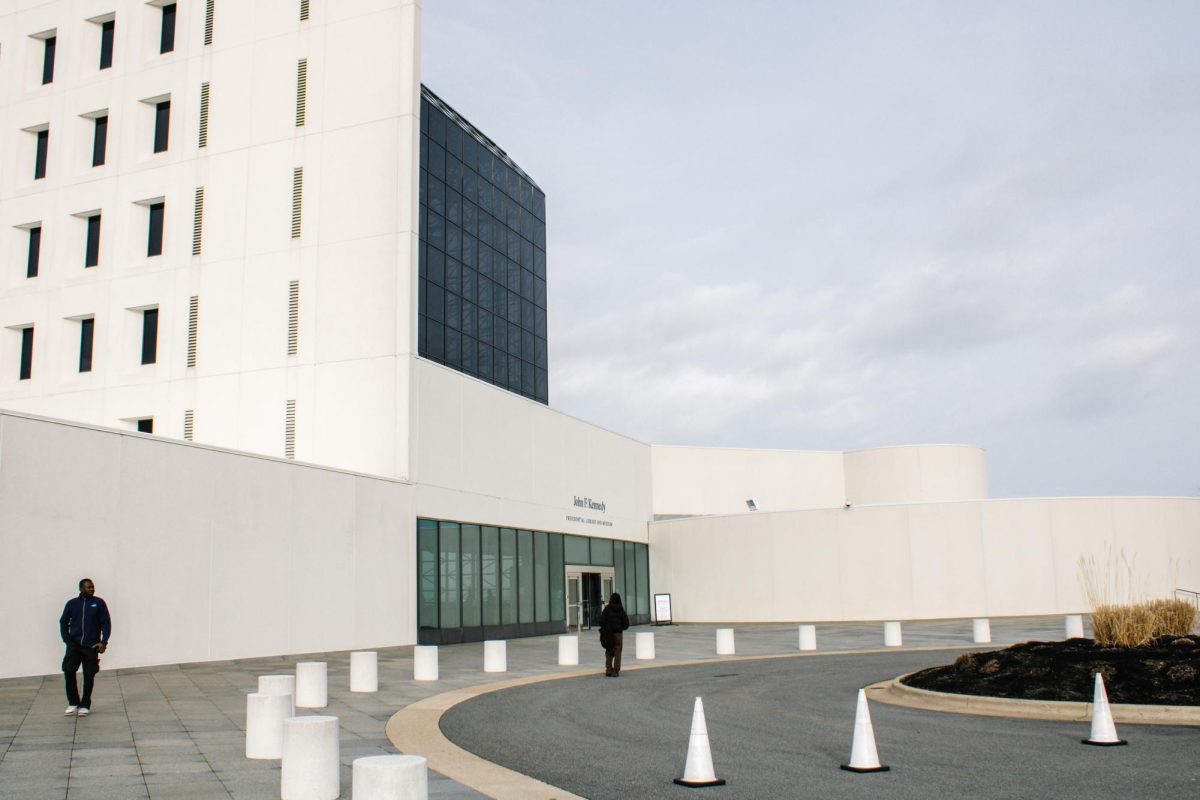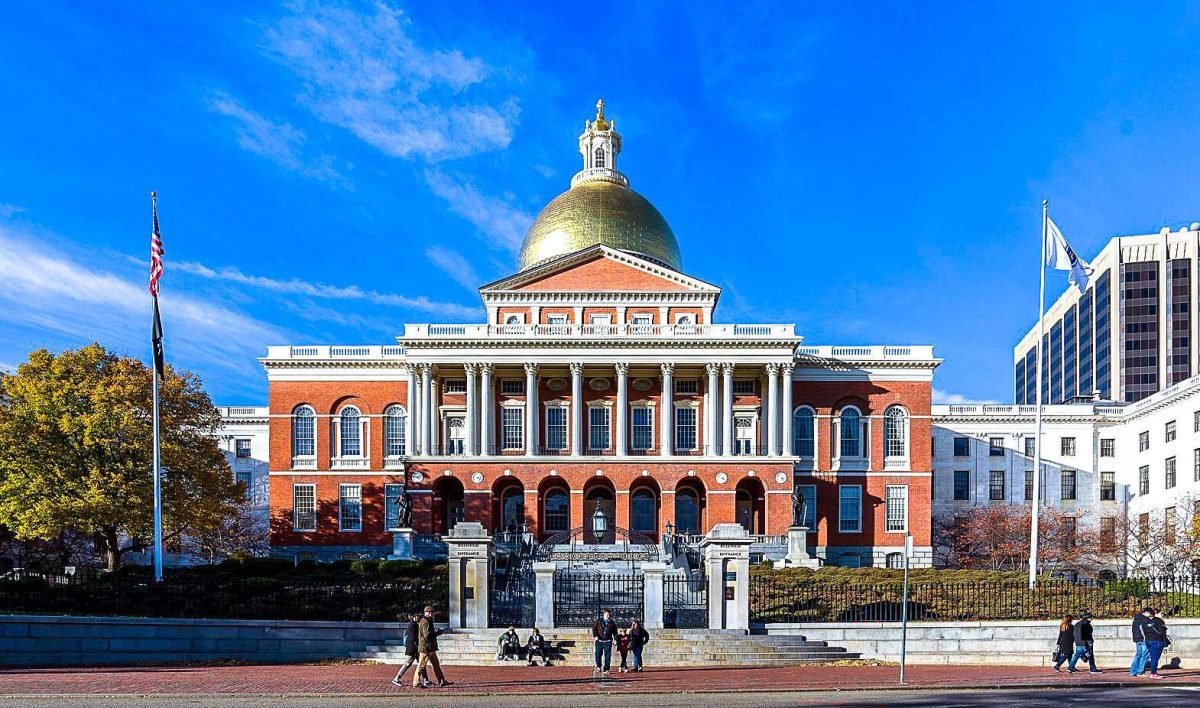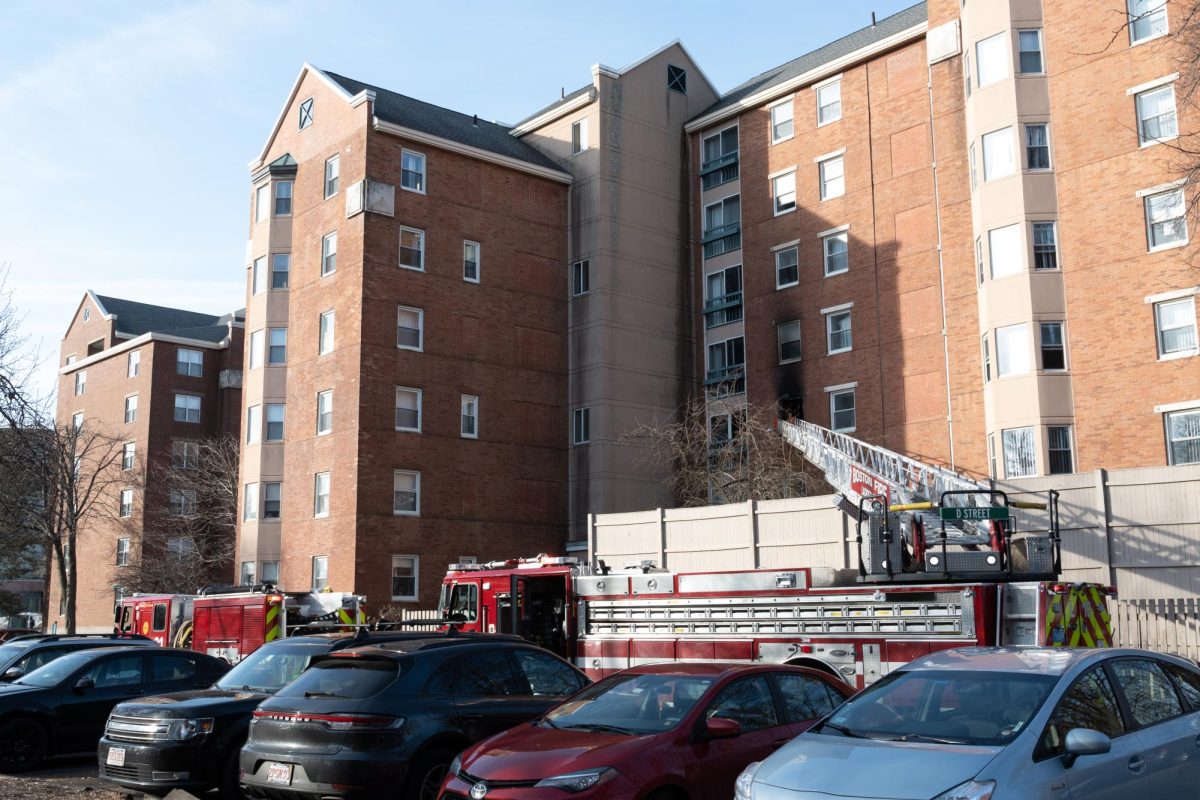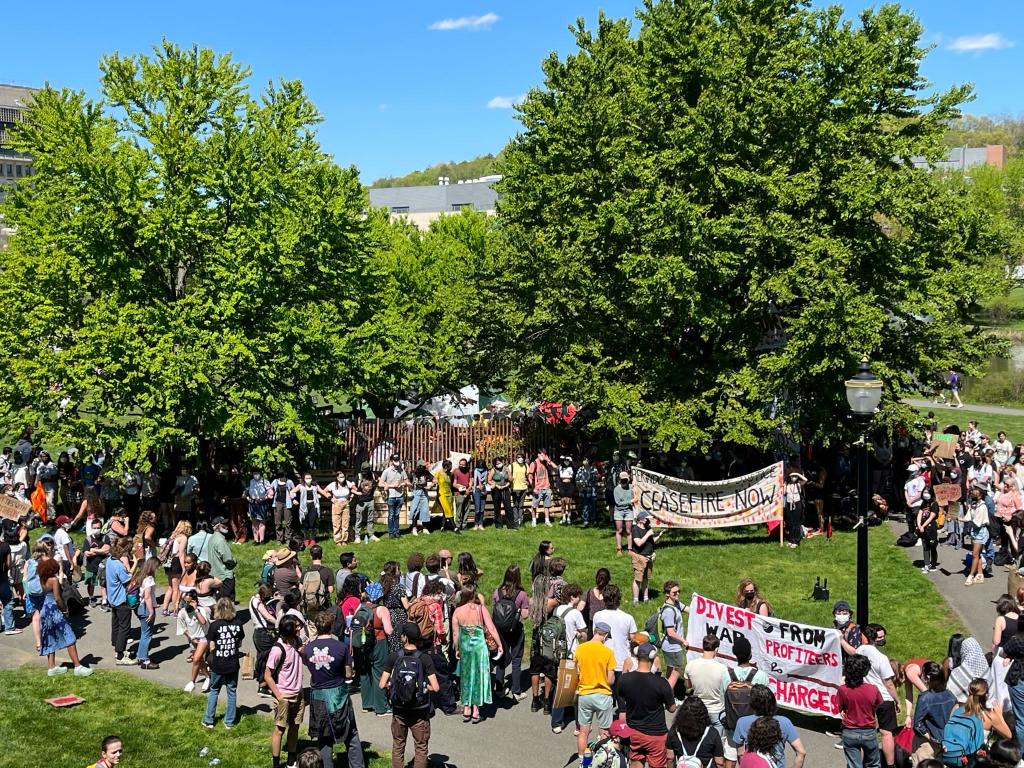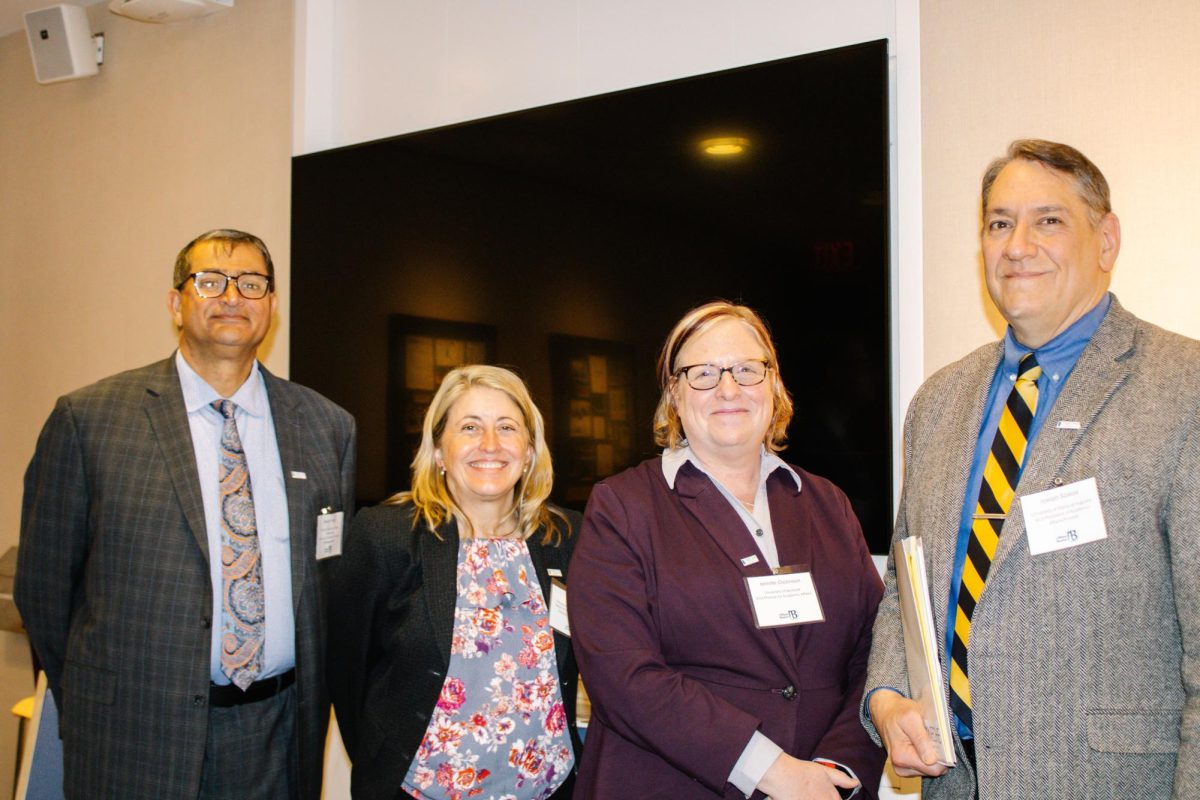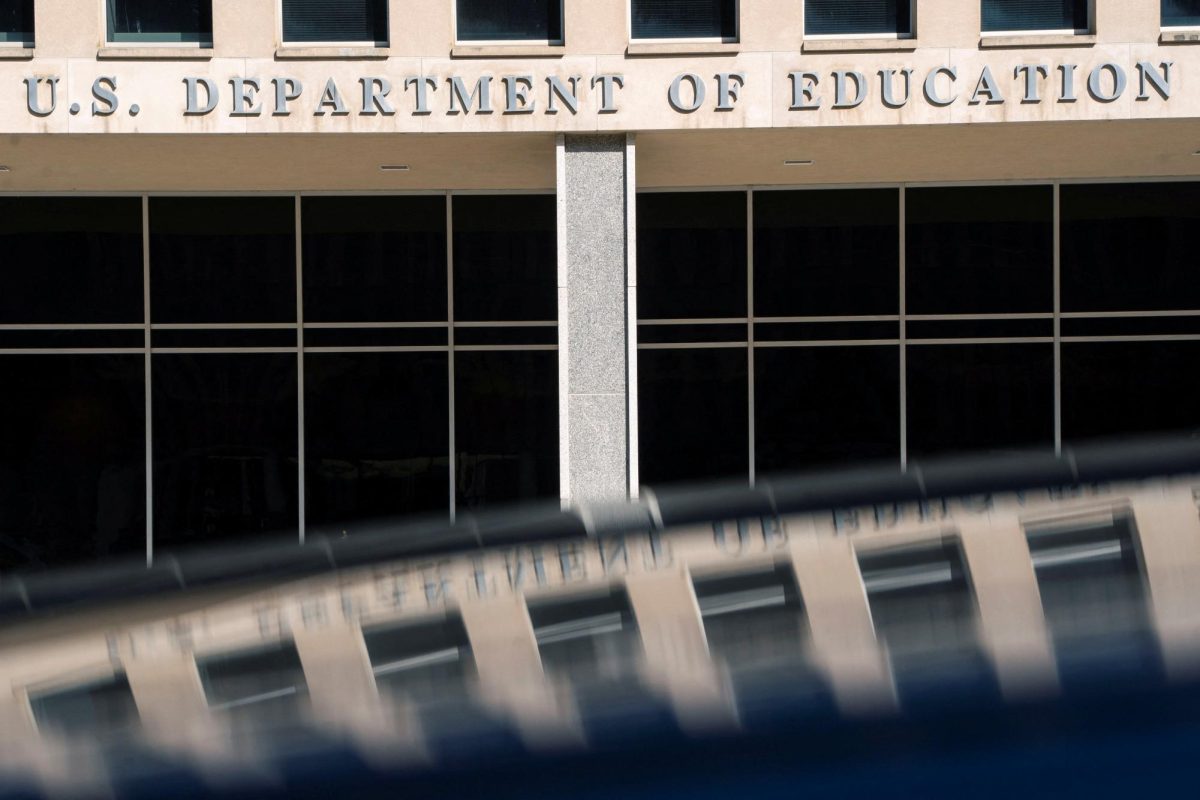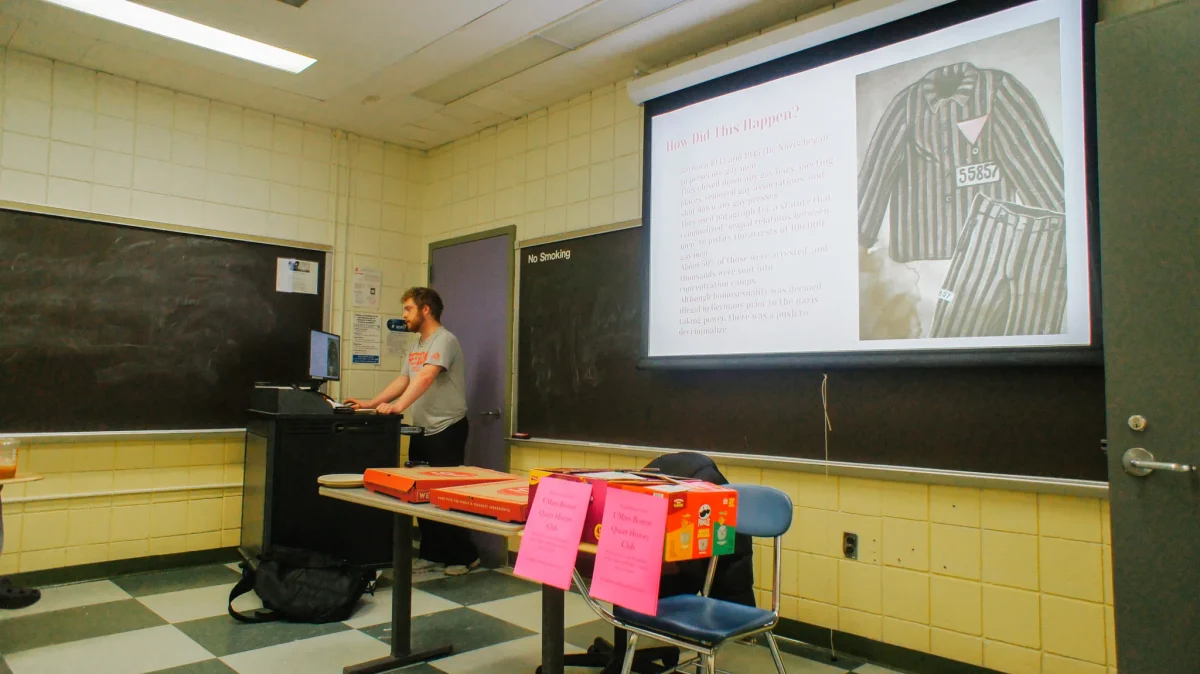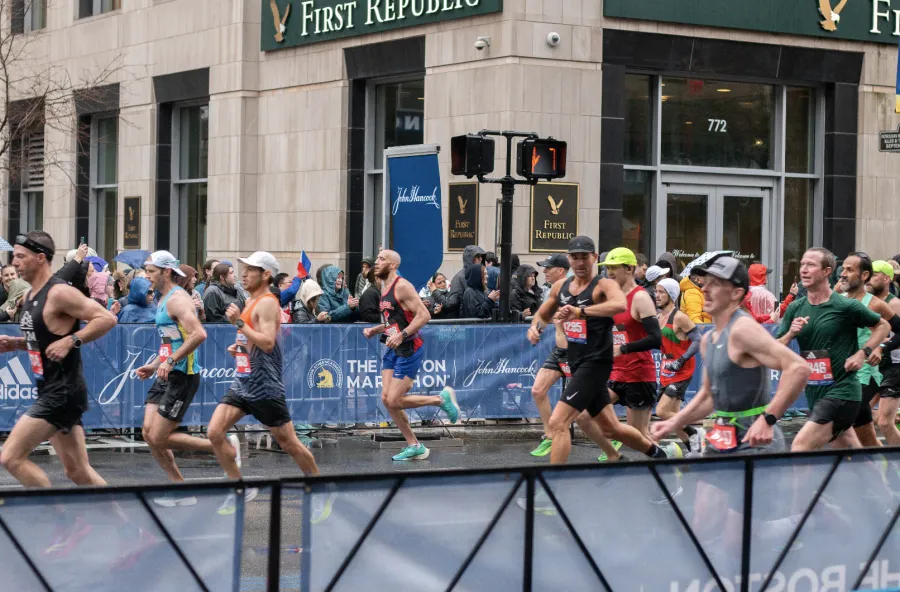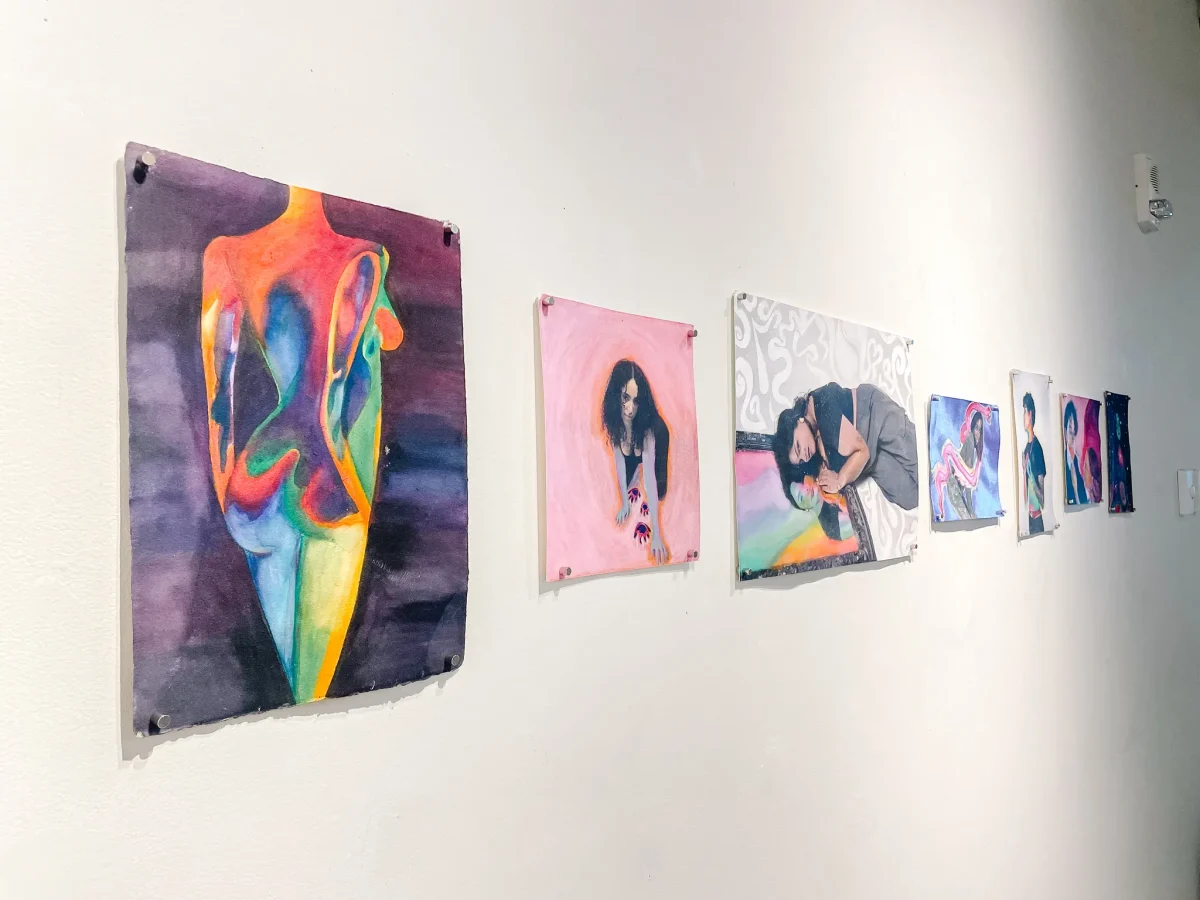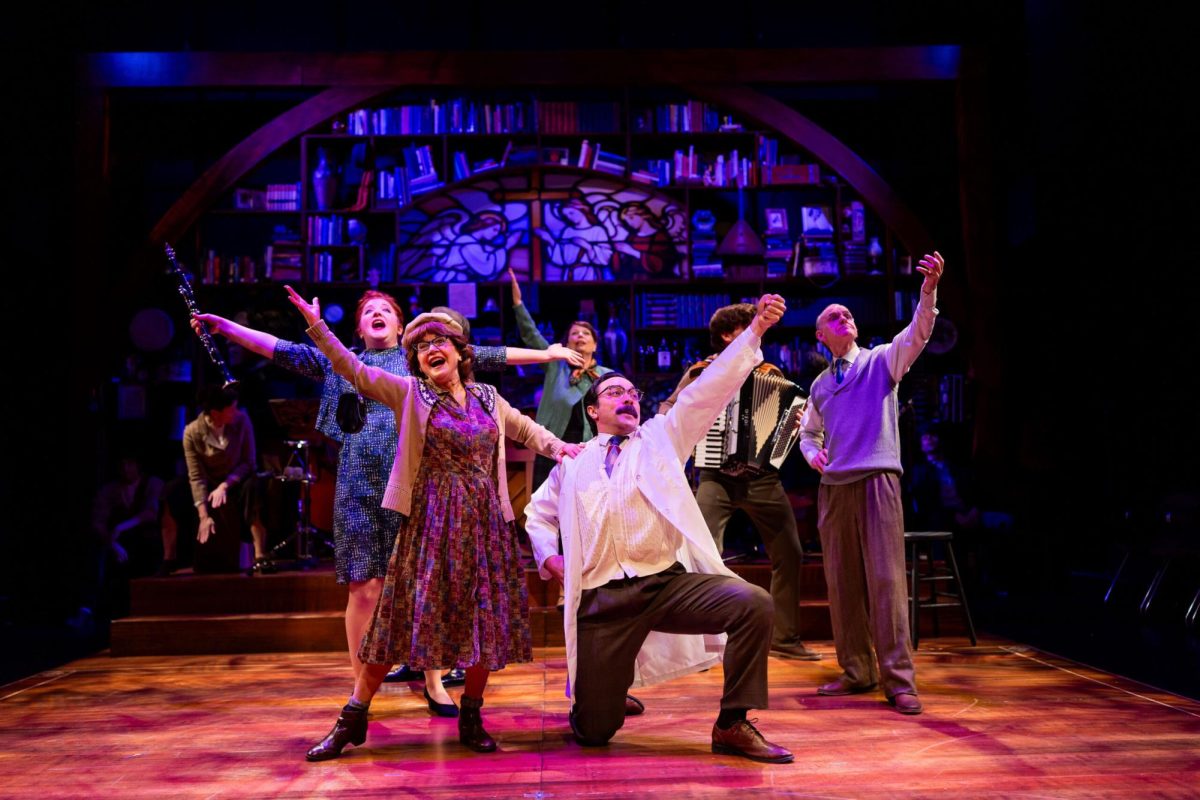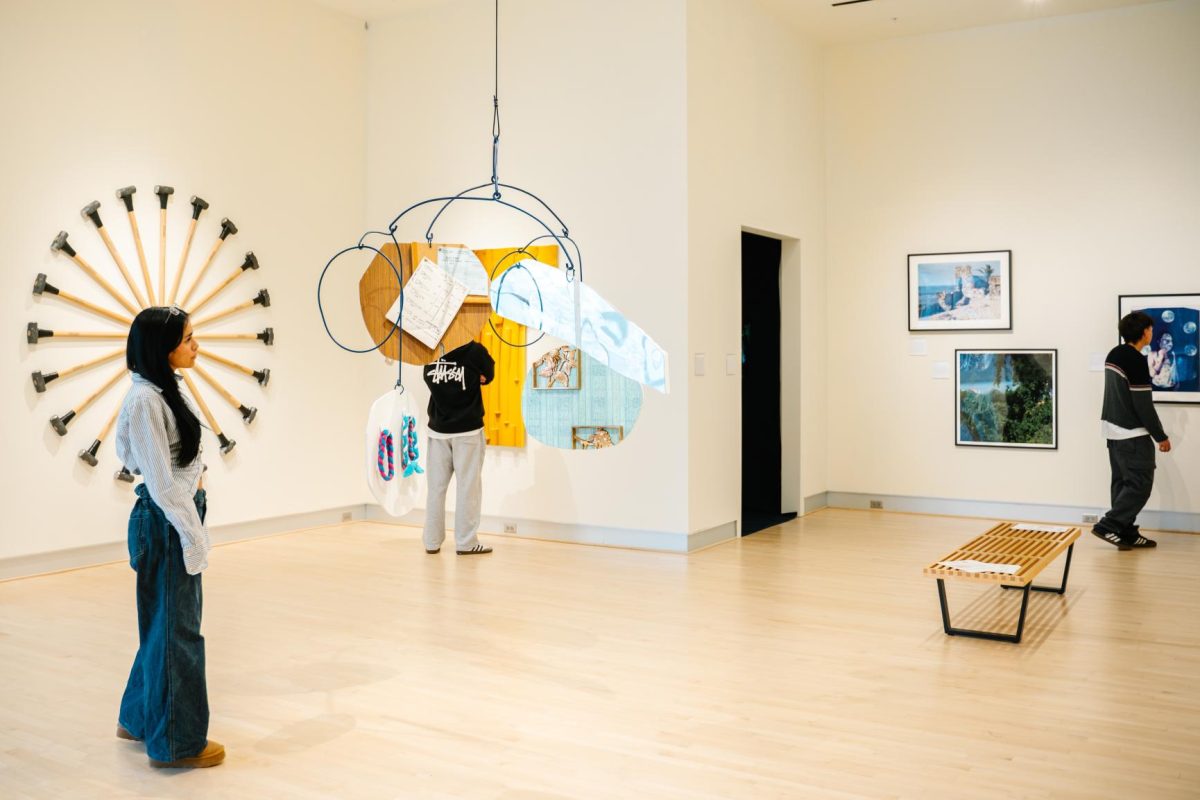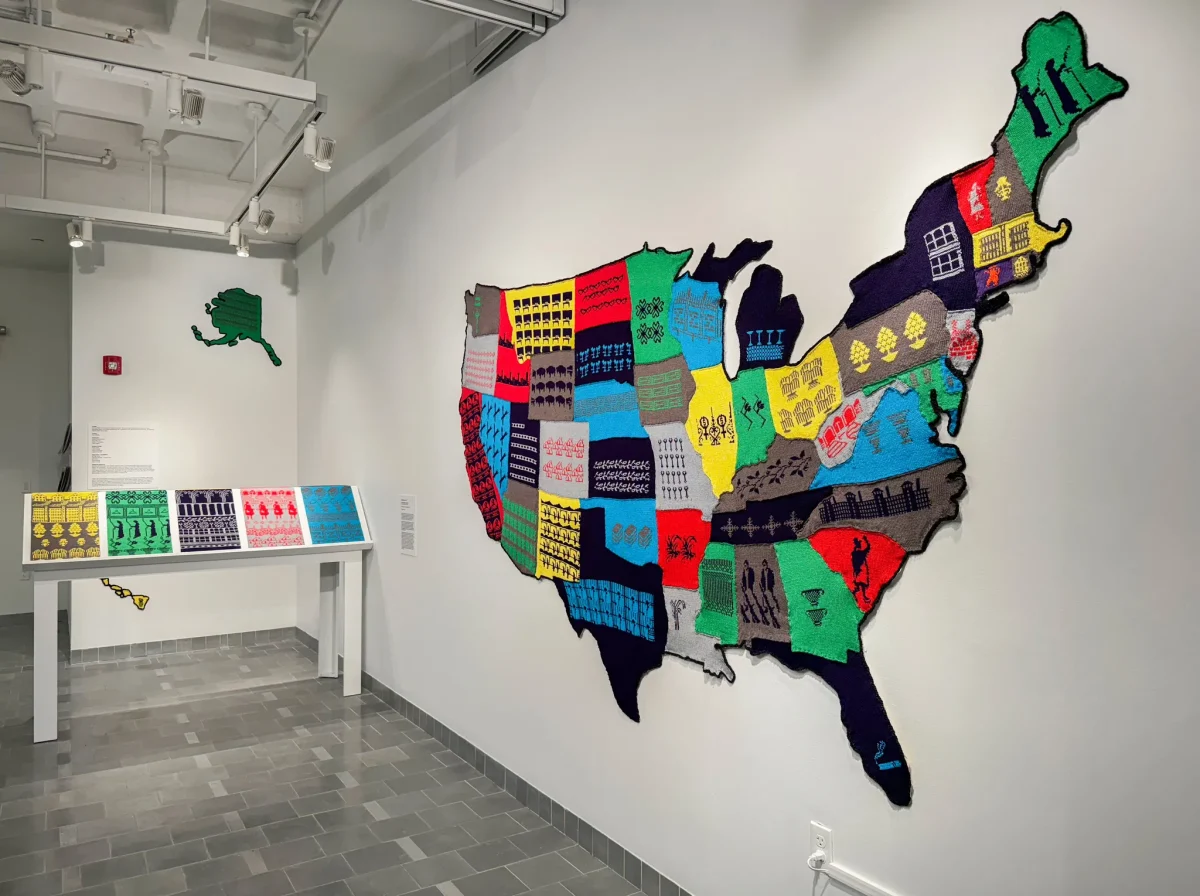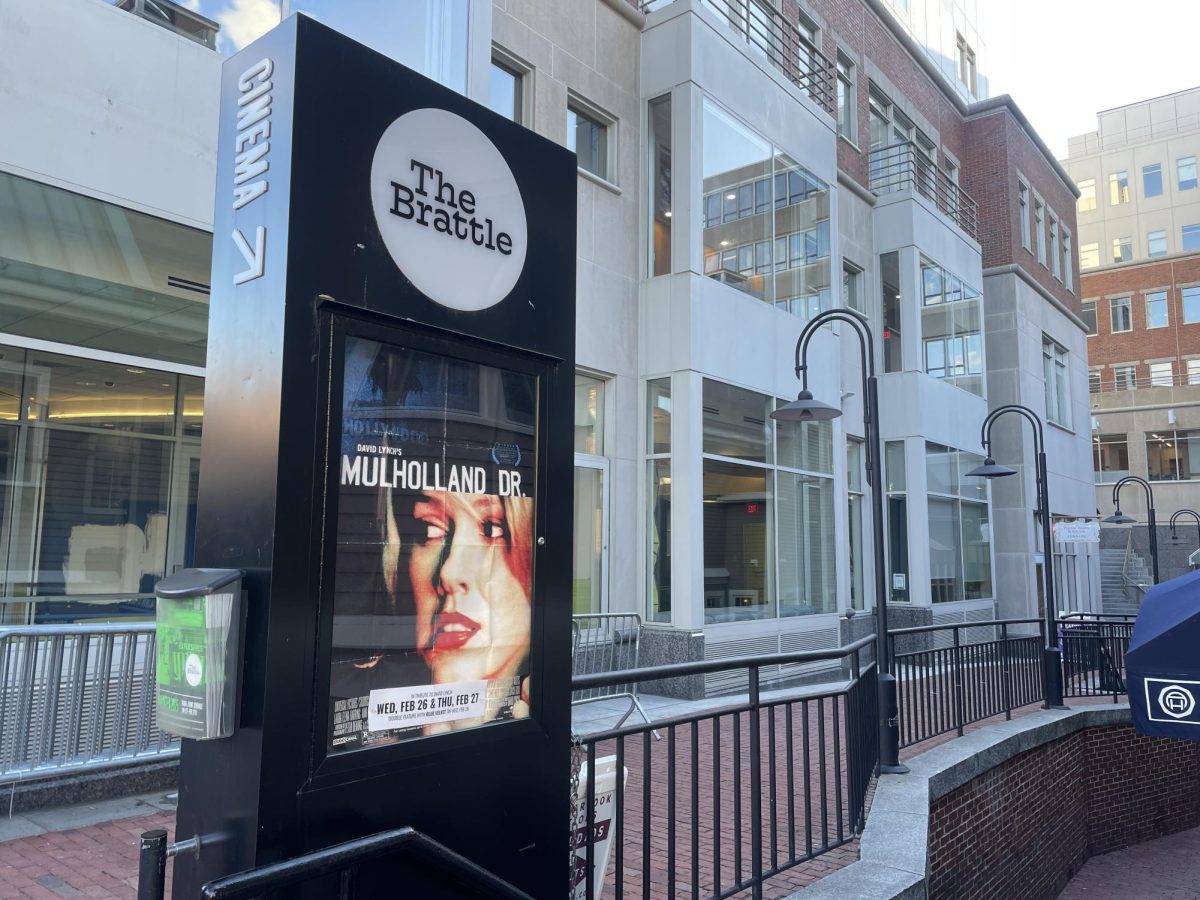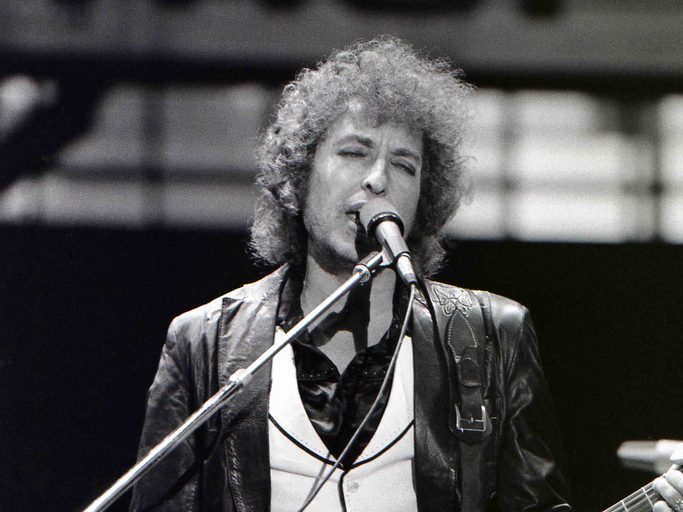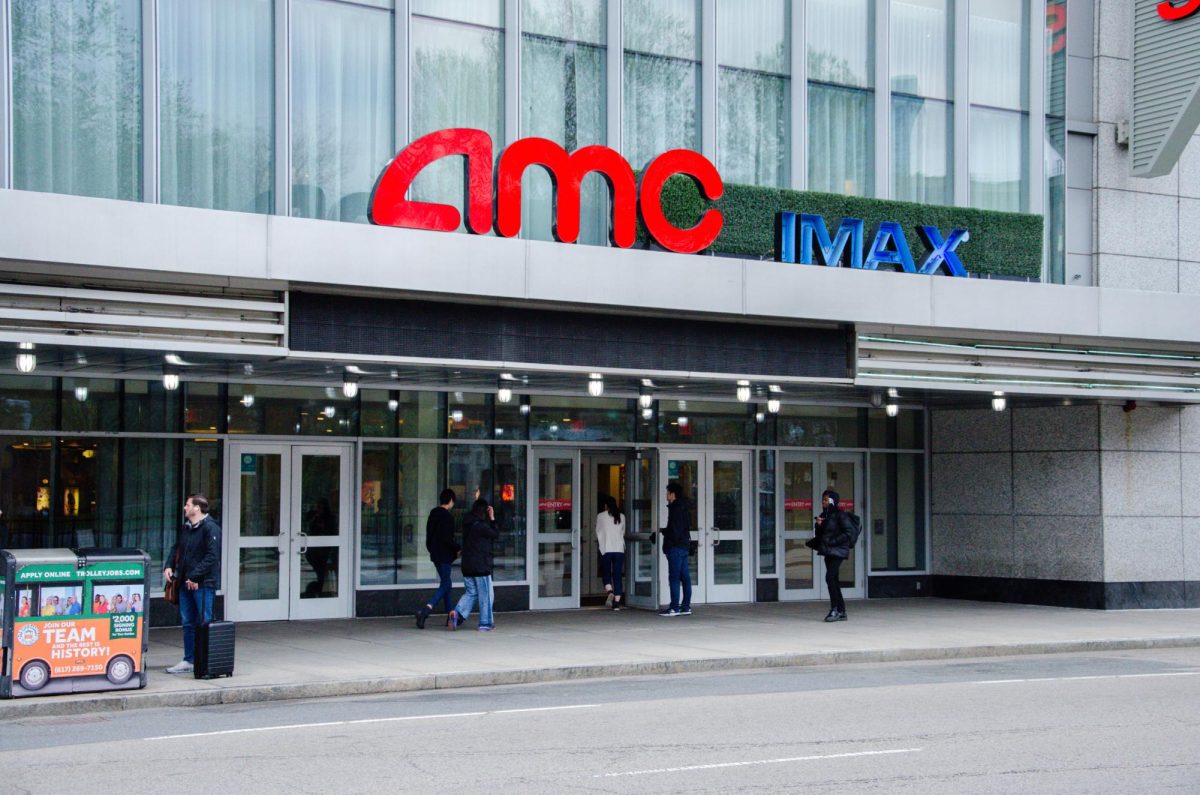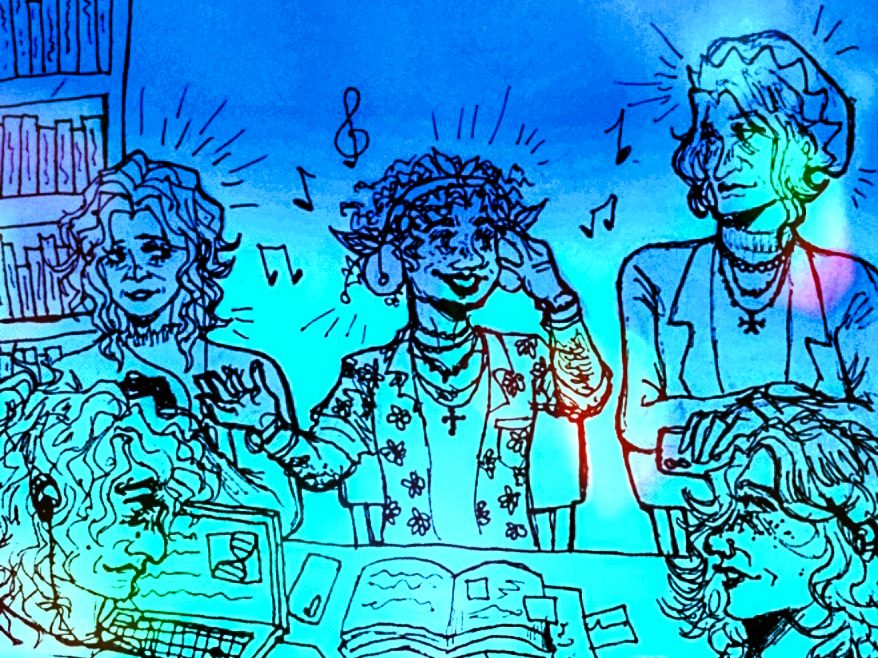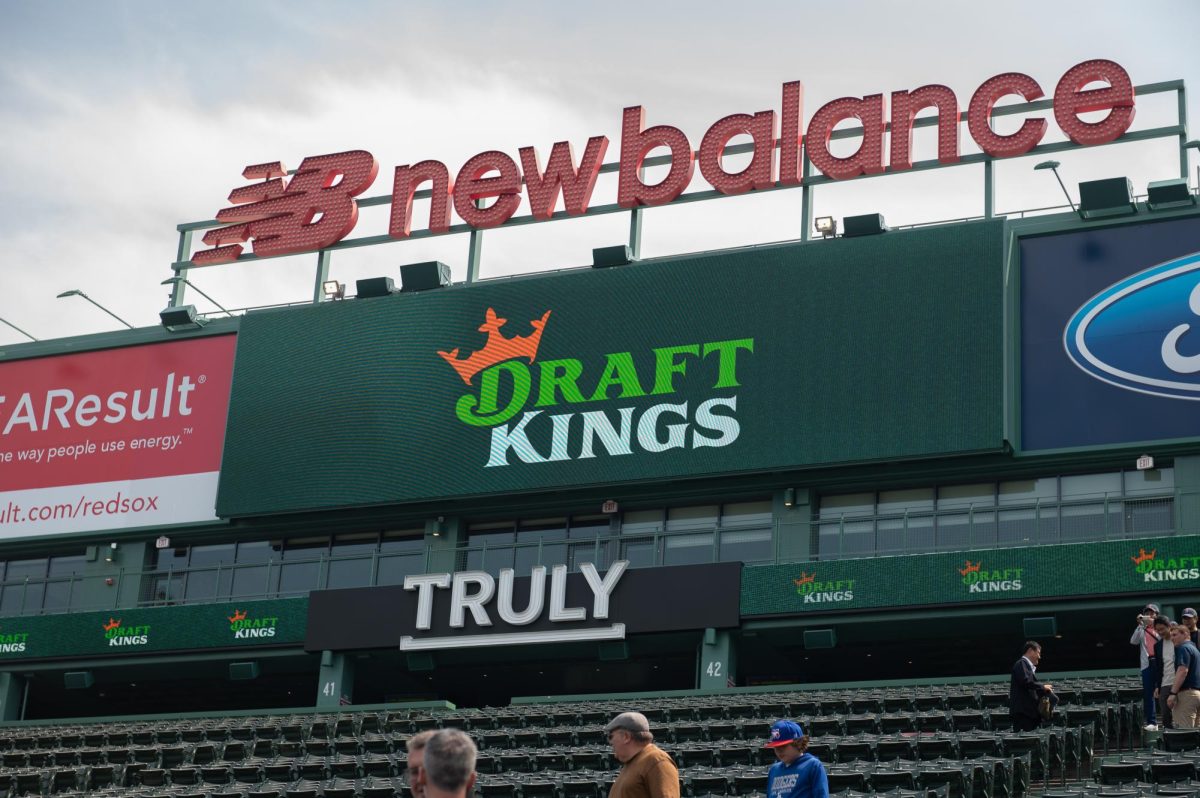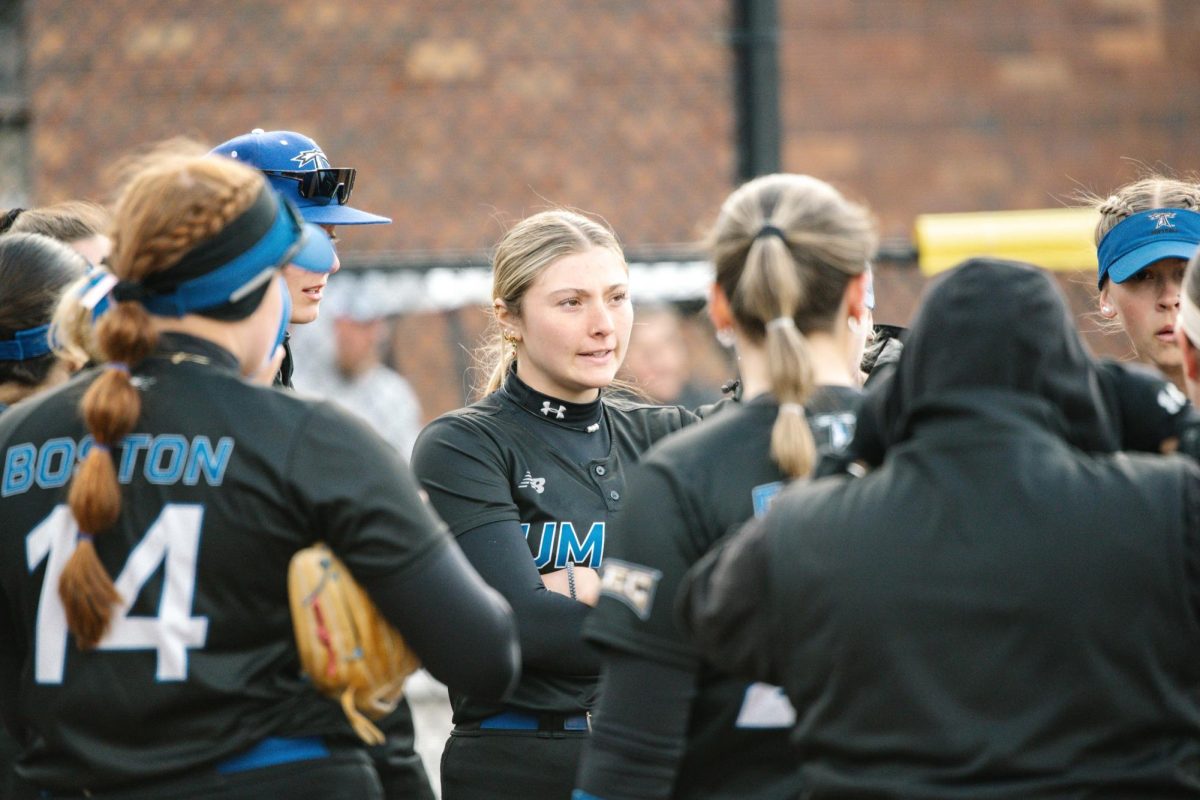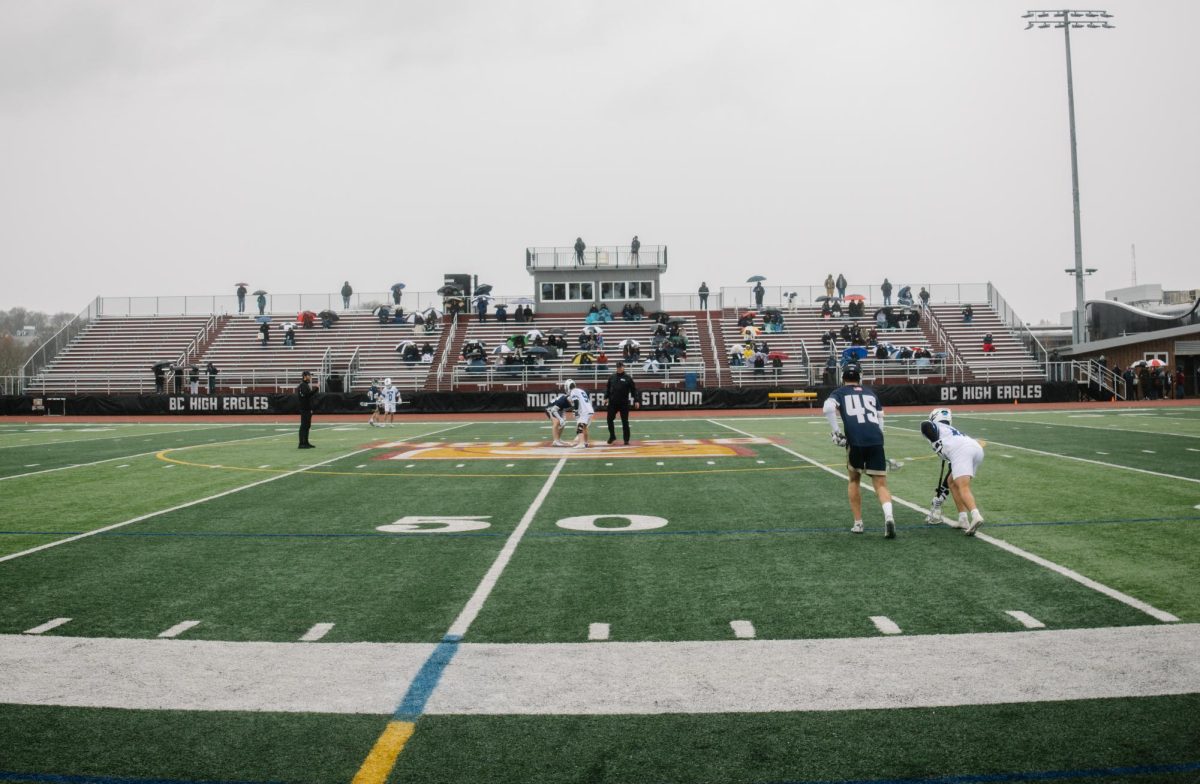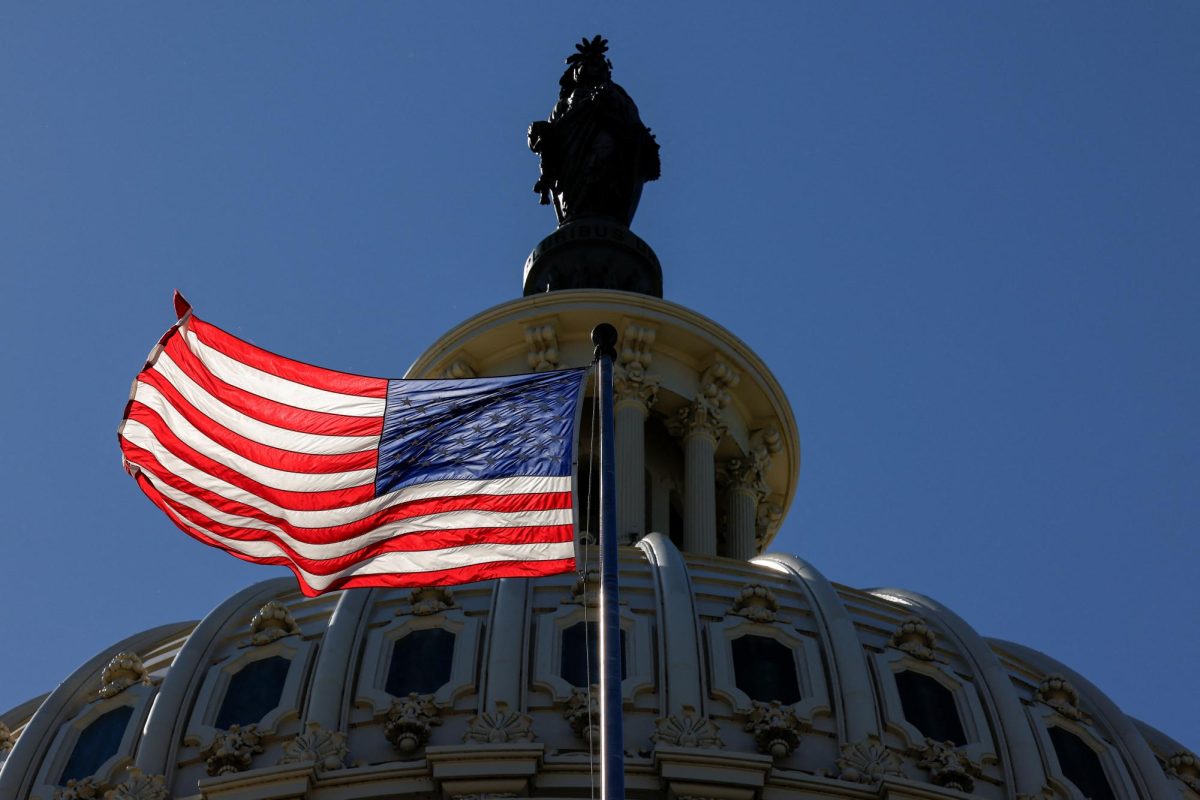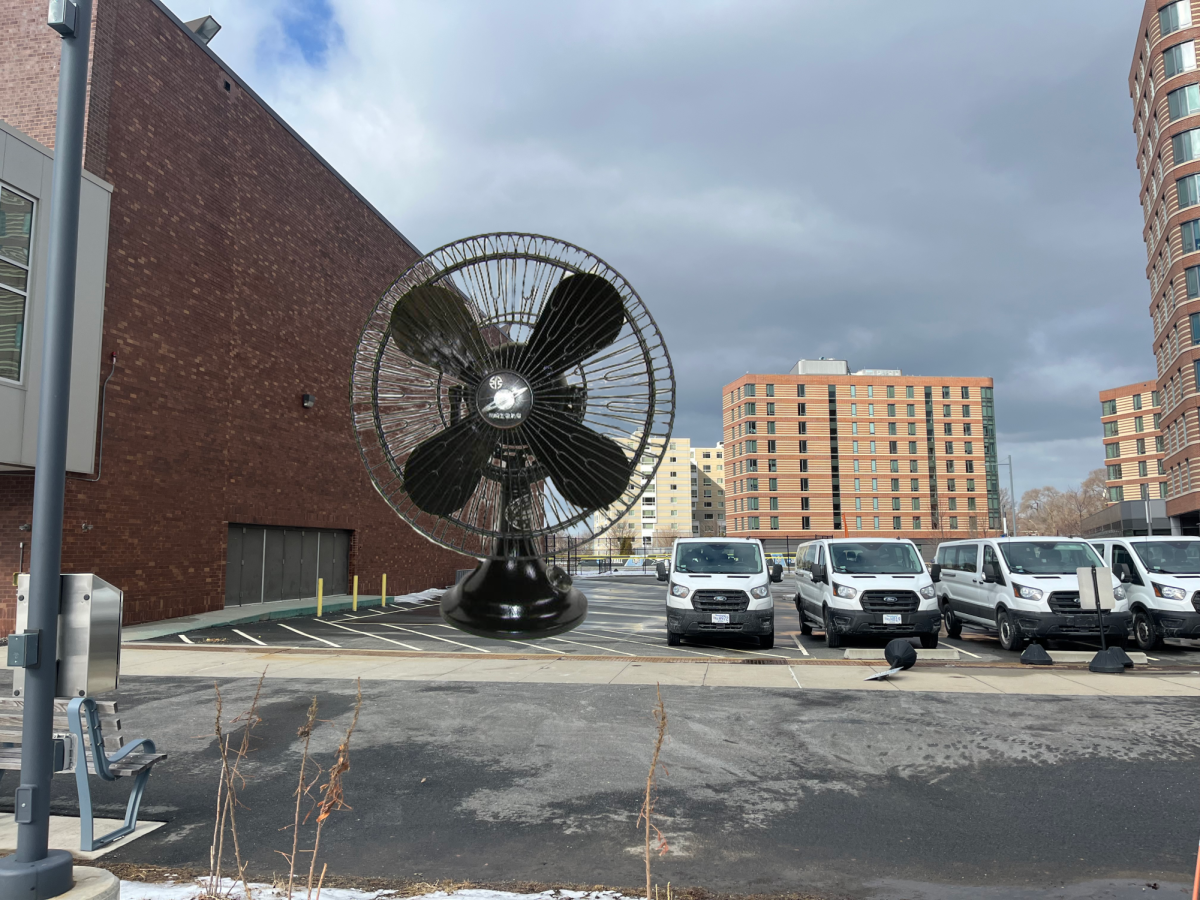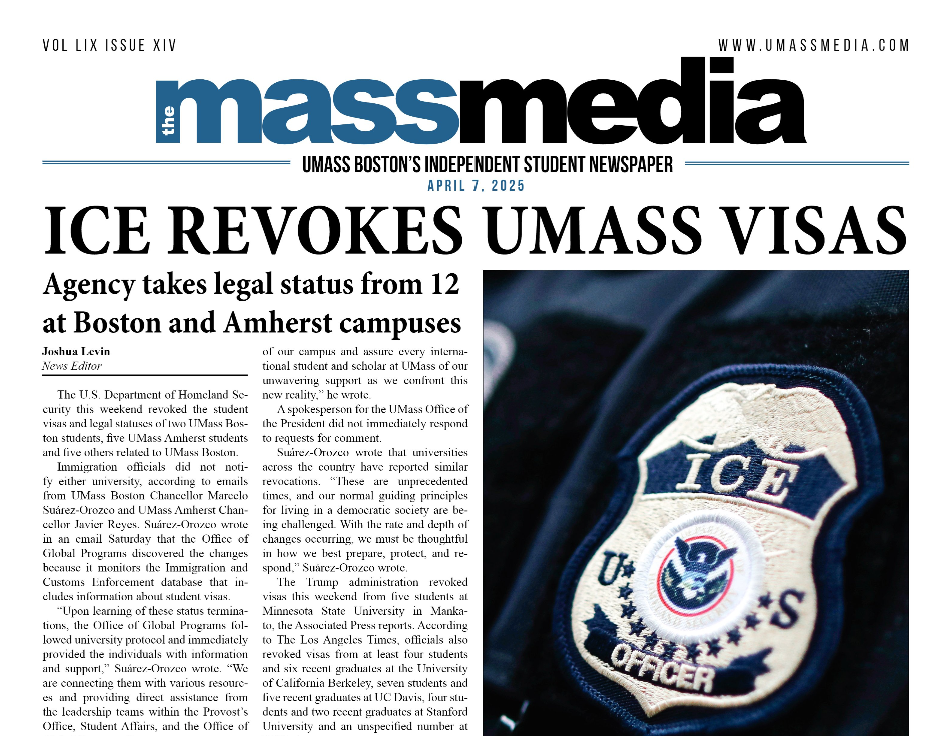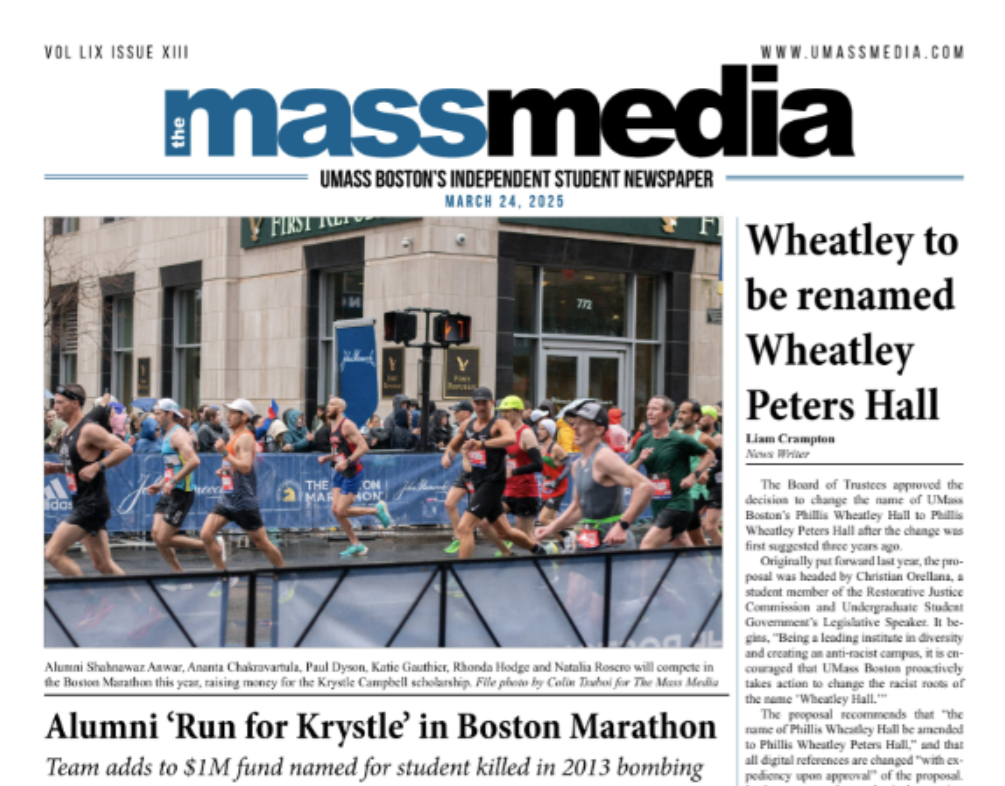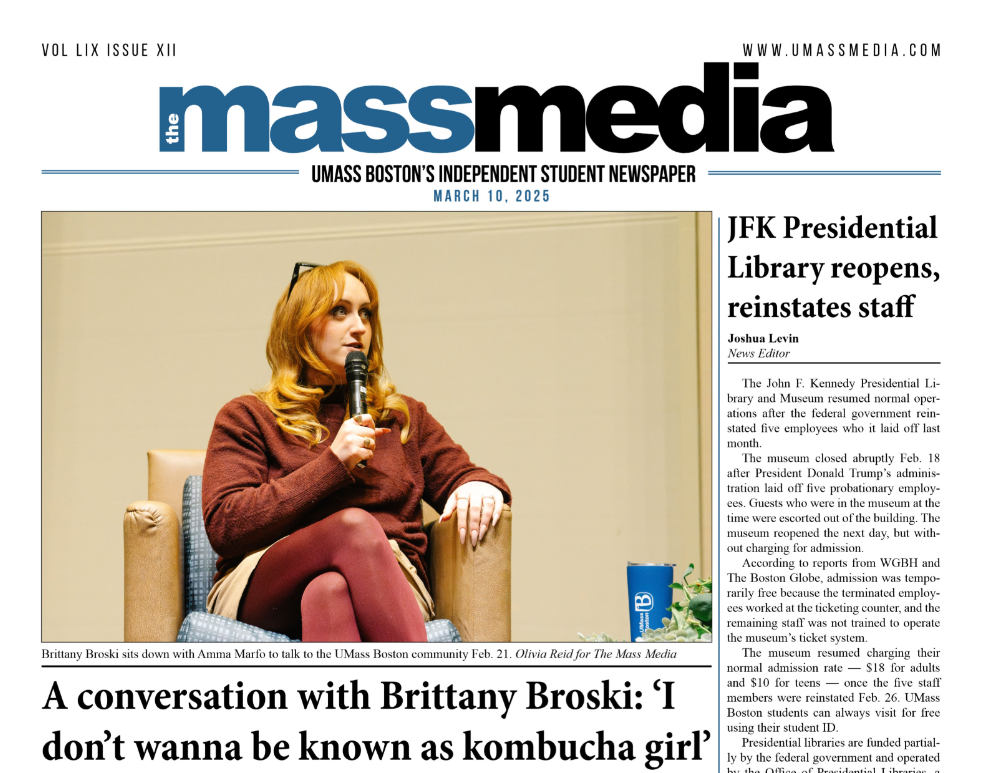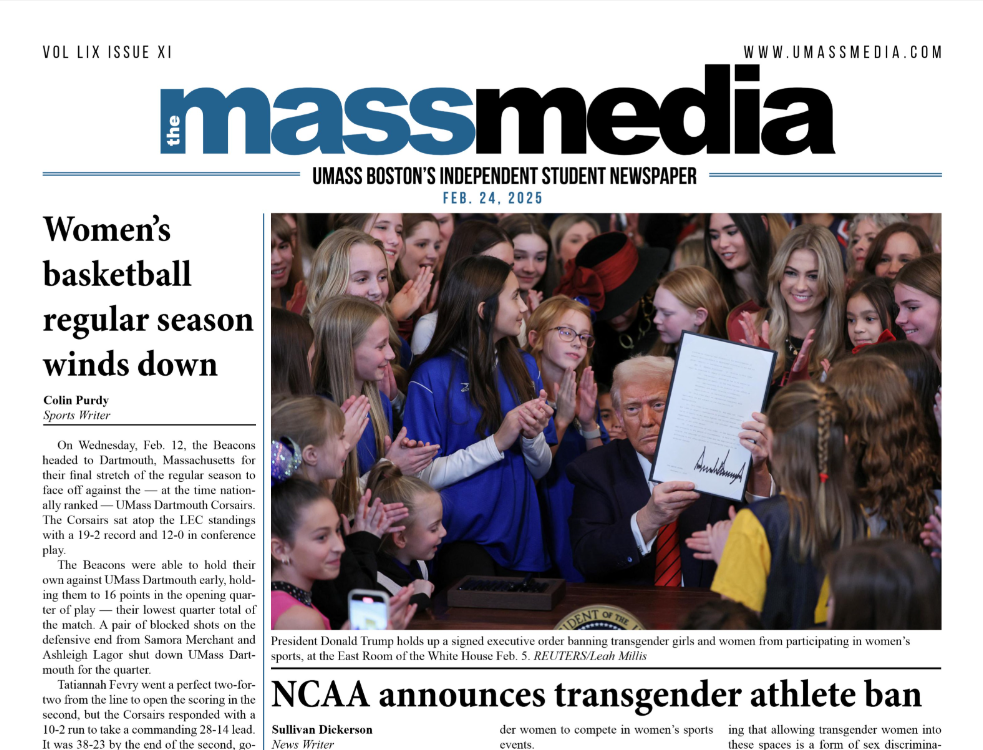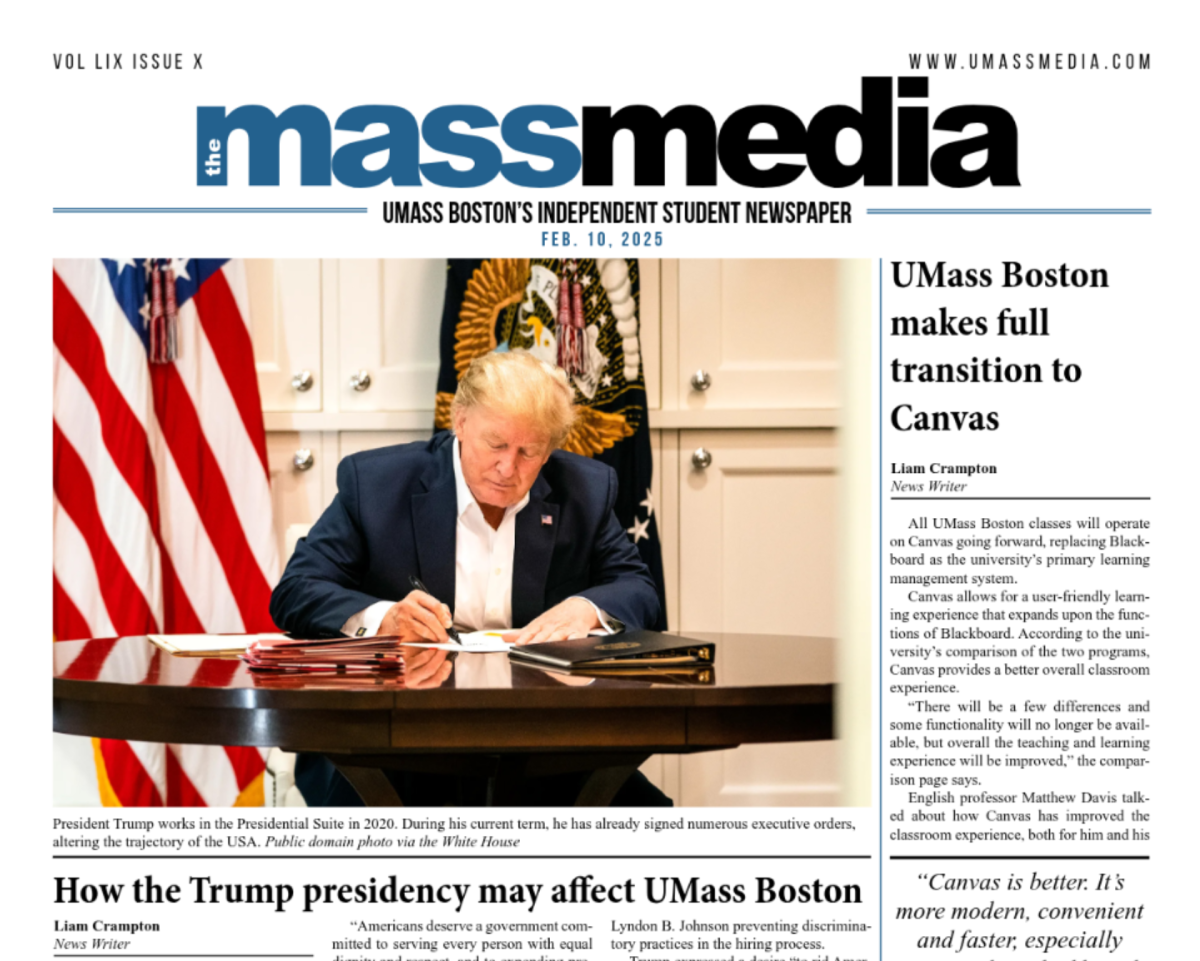Inequality in America
April 27, 2009
The inequality in the United States can be seen in the stratification of wealth, income, and political voice. Our system is a democratic system, but in the U.S. not everybody has equal opportunities for education, influence, social and economic mobility. Most Americans are not able to move up the economic ladder.
The middle class is struggling to stay in the middle class, and without higher education, it is difficult for Americans to compete in the workforce for well-paid jobs. Without major changes in how the economic and political systems are running in America, more inequality will occur. The rich will get richer, and the poor will get poorer.
Inequality has stratified society more in the United States than Great Britain or France, with higher incomes had by only a few. Upward mobility has not been achieved by many. “Upward mobility of the few has not offset the economic disparities among the many. Indeed, many Americans have to work harder, just to maintain their current economic position,” (Jacobs and Skocpol, 2004, p.3). The democratic system in America is struggling. Even with two working adults, the middle class has to struggle to stay in the middle class.
Wage inequality in the U.S. grew in the ’70s, ’80s, and ’90s. Despite the economic recession, wage inequality did not grow too much in the 2000s. Family income inequality mirrored individual inequality. The earnings changed and the lower and upper ends of inequality grew, most profoundly in the 1980s. Household incomes showed the top one percent grew the fastest in inequality. “Historically, the United States has been more unequal than other industrialized countries because ‘the poor were too poor,'” (Neckerman and Torche, 2007, p.337). Half the state makes $28,000 or less.
With the high cost of living and the stock market collapsing, it is more and more difficult for families in this state, and the U.S., to make ends meet. Even being the second most educated state there is a lot of inequality and poverty. The economic inequality is a reality that many families face in the U.S. because of a broken democratic system.
College costs have also been rising since the ’80s and more in the ’90s making it harder to get a higher education. Technological changes have made education more important and have stratified inequality further. “Wealth is much more unevenly distributed than income. In the early 2000s, the wealthiest1 percent of families held one-third of the total wealth, the next wealthiest 9 percent held another third of the total wealth, and the remaining 90 percent held the rest,” (Neckerman and Torche, 2007, p.337). Wealth inequality grew in the ’80s and panned out in the ’90s, except for the top 1%. Wealth inequality continued to grow. The current tax structure and antitrust laws prevent growth on other levels of income, stunting social mobility.
Lower income Americans are not heard in our political system, however the people with money are heard loud and clear by the policymakers. Black and Hispanic Americans still fight for opportunities to get ahead. The U.S. economic system is not conducive to helping minorities and poor Americans achieve the American dream. Black couples still earn twenty percent less than white couples and have a net worth that is eighty percent less. This stems from how the U.S. government makes policies to address changes in technology, different forms of family life, and market forces. If the poor can’t make their voices heard, then how is policy going to be implemented to help them? The poor are not being heard, which is adding to the inequality gap in America.
To overcome the economic hardship and have a voice in our democratic system, minorities should have equal representation in the political workings of America.
“But it is important to remember that Americans accept economic inequalities only when they are sure that everyone has an equal chance to get ahead-to make the best of life for the individual and his family,” (Jacobs and Skocpol, 2004, p.5). With our current system it may not be possible to have an equal chance. It gives certain Americans an edge in getting the higher paid jobs, while the citizens with just a high school education are more likely to be in the poverty bracket. The trend showed with a post graduate level education, an American is more likely to make $100,000 or more. Unfortunately not everyone can go to college and it will difficult to compete economically in the U.S. for those that don’t.
Although our Declaration of Independence states “all men are created equal”, that isn’t really the truth. Women make 78 cents to every dollar less than men make. Inequality is a fact. The hope is that with a growing number of female executives in the corporate world, companies in America will see women as equals and treat them accordingly with equal pay and benefits.
The lack of mobility is shown in how “children of poor families are more likely to remain poor, and children of wealthy families are more likely to remain wealthy in the United States than in any other rich country (Neckerman and Torche, 2007, p.339). There is a social class system families are trapped in. It is not easy for someone impoverished to rise to be a wealthy American. The inequality is obvious and stratified, making it unfair for the little guy to make it above and beyond their class system.
Part of the inequality problem is lower income families do not get involved in the political system as much and half don’t vote. According to the “American Democracy in an Age of Rising Inequality” study, only half of families with incomes under $15,000 vote as opposed to 90 percent for families making $75,000 or more. If impoverished families want to be heard on social, economic, and political issues, they need to get involved in the democratic system. They need to vote and lobby for issues that are important to them. “Rising economic inequality may discourage less privileged voters,” (Jacobs and Skocpol, 2004, p. 7). This could be attributed to poorer Americans not having the skills or education, motivational direction, or networking to vote.
It’s important that the less affluent get involved in the political process, because economic programs and problems may affect them more. Our troubled democratic system needs to work harder to include this demographic group while they fight for health care, better education, and housing.
To solve the lack of political voice and voting problem, I would make the national voting holiday a mandate to vote. It would be a paid holiday off from work, but the catch would be– everybody has to vote. There could be tax benefits given when an American goes to vote and a tax penalty if an individual skirts their citizen obligation. With the inclusion of absentee voting, there should be no reason why the rich would have a bigger voice than the poor.
The inequality in the political arena would be stomped out. Because everyone is involved, there would be more interest groups that would take an interest in including the minorities and poorest of the poor. The representation would be fair and balanced. Businesses would be required to educate and register their employees to vote. Every American would have a vested interest, so there would be more pressure on candidates to perform and follow through. Mandated voting would help the U.S. political system.
The current system in the United States is conductive to more inequality in social, political, and economic gaps. The solution is to create a fairer tax system and a political consciousness in America. Americans should be required to participate in our democratic voting on Election Day to ensure an equal inclusion of political voice. Ethnic minorities and women need to be considered as equals in the eyes of employers. Wages need to be based on performance not biased to race, ethnicity, or sex. Education should be easier to access and more socialized at the community college level. Without such changes, the American dream will only be attainable for the few.




